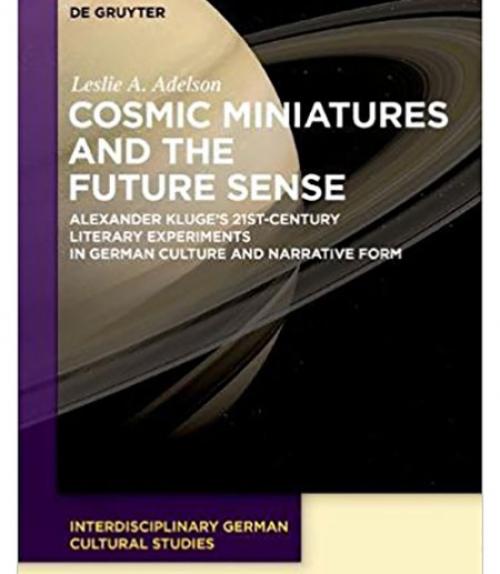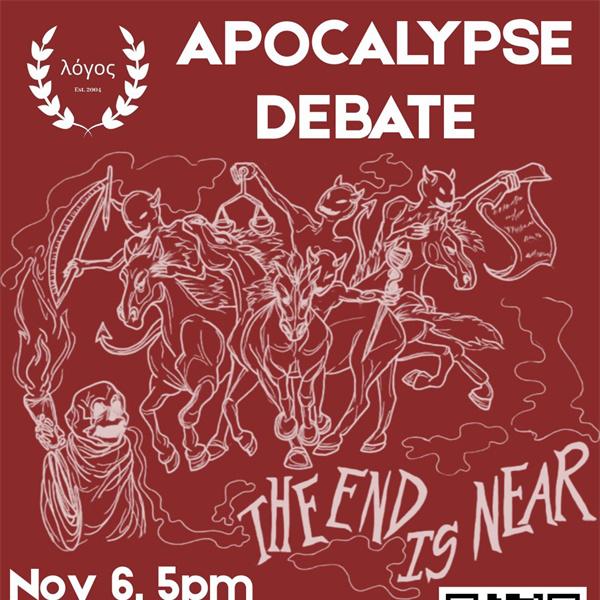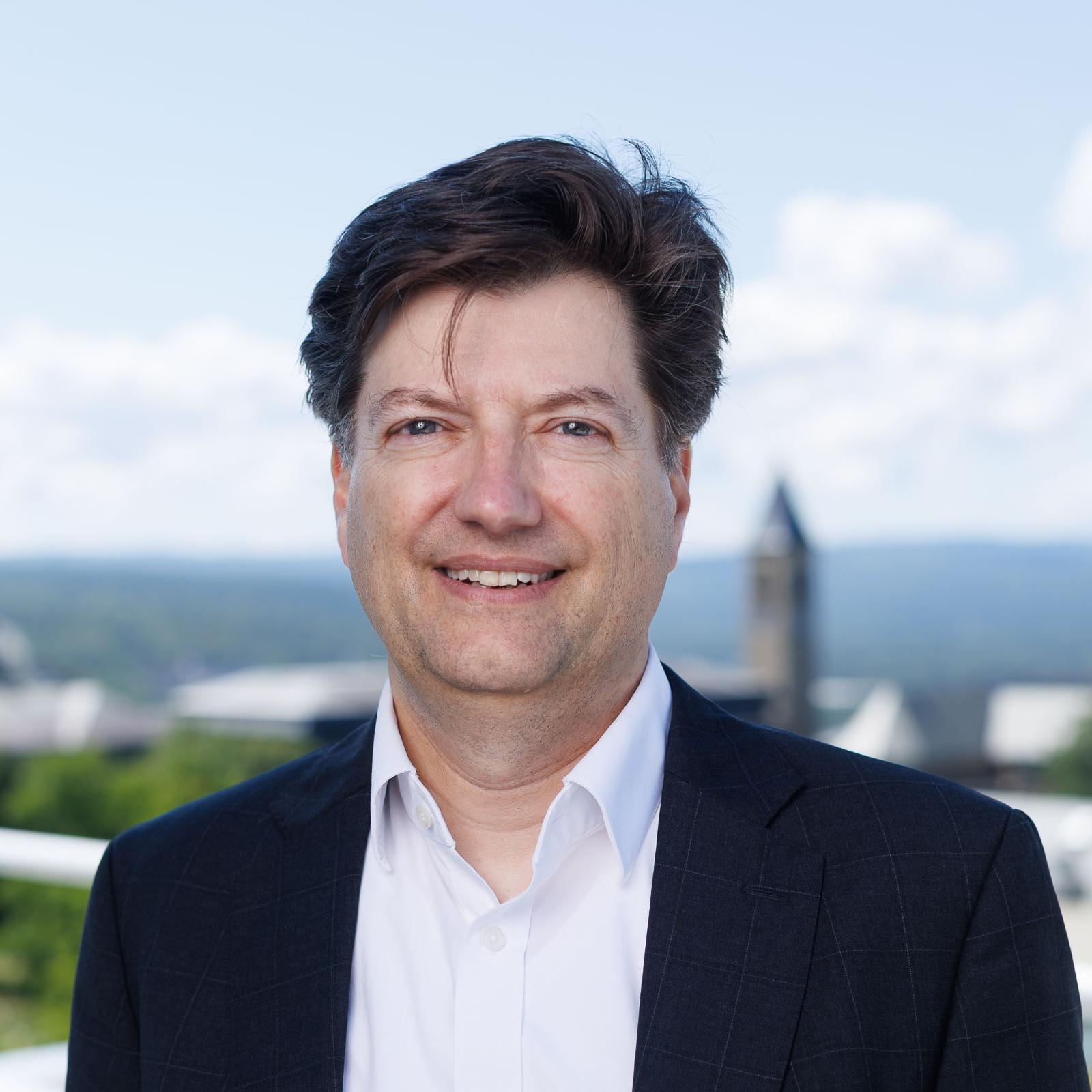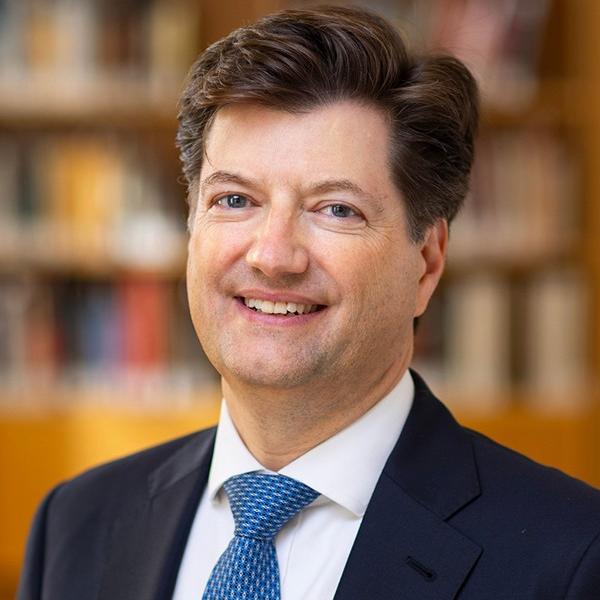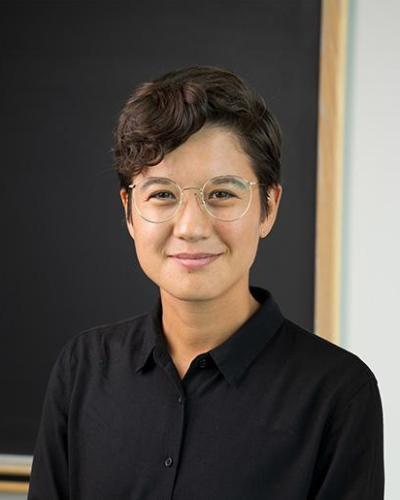
 Department Homepage
The College of Arts & Sciences
Department Homepage
The College of Arts & Sciences
New book explores Alexander Kluge’s literary experiments in futurity
The role of “counterfactual hope” in Alexander Kluge’s work, and his “incomparable dedication to the conjoined causes of survival and happiness,” writes Leslie Adelson, formed much of the inspiration for her new book, “Cosmic Miniatures and the Future Sense: Alexander Kluge's 21st-century Literary Experiments in German Culture and Narrative Form.”
